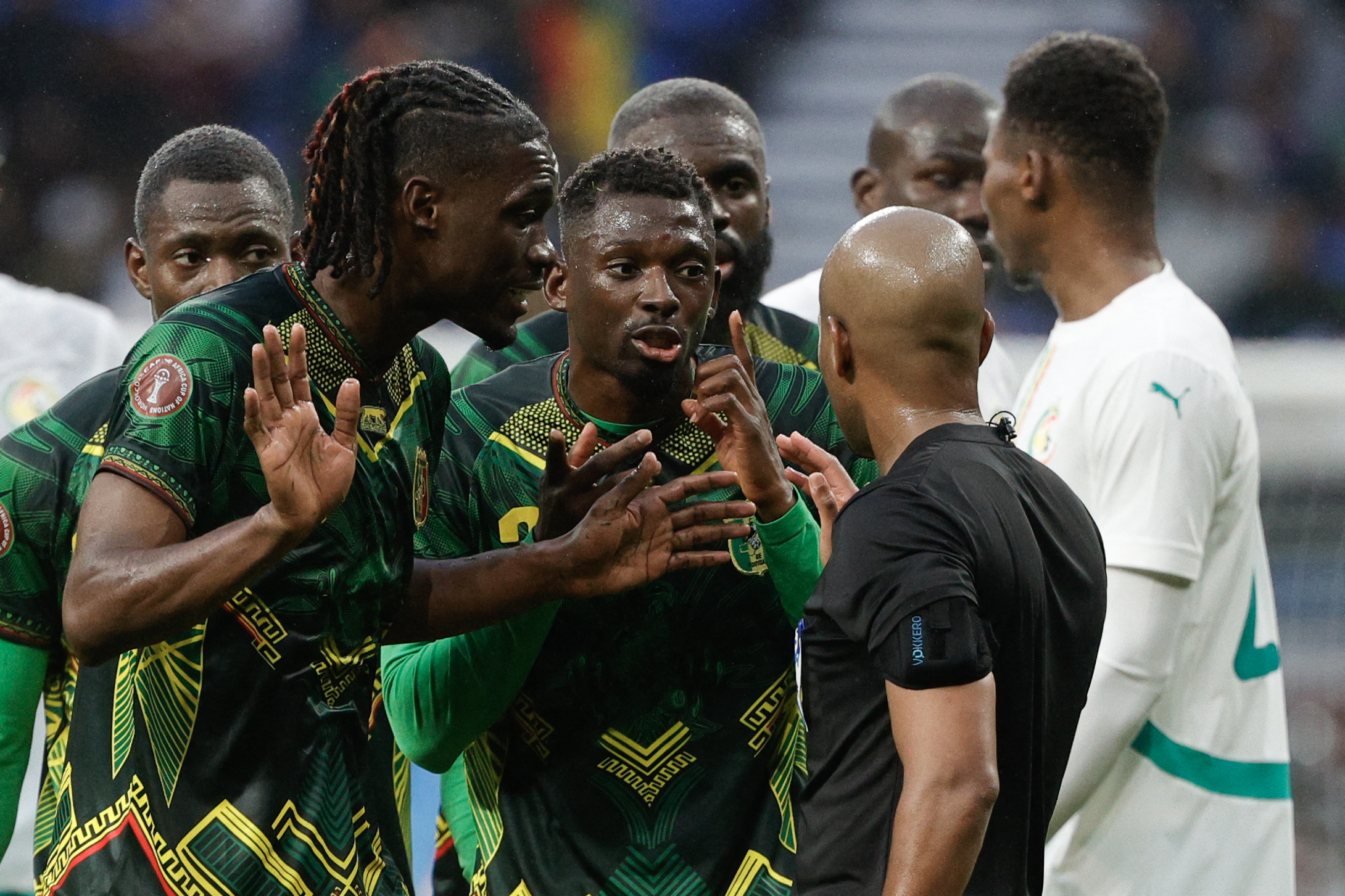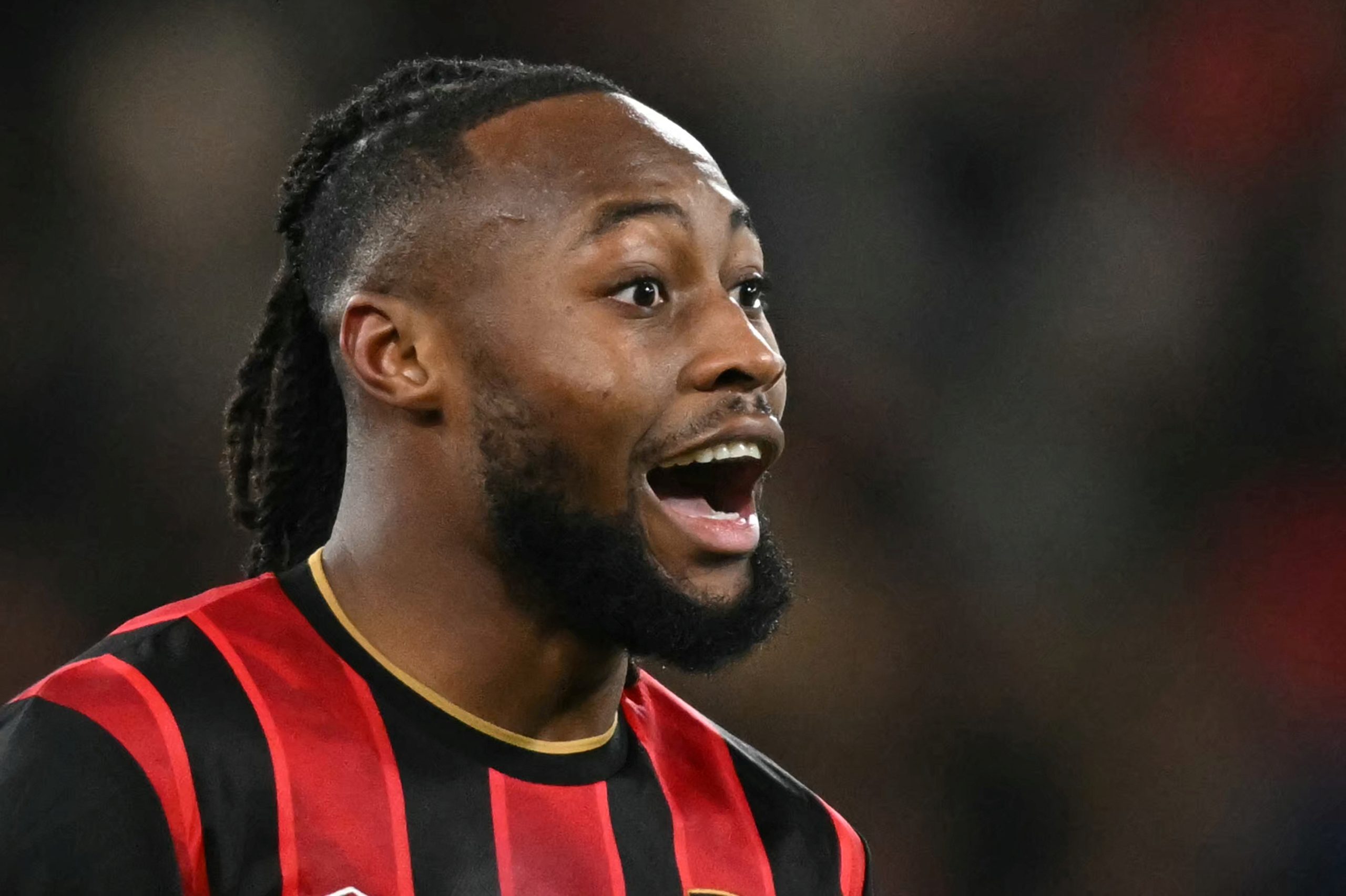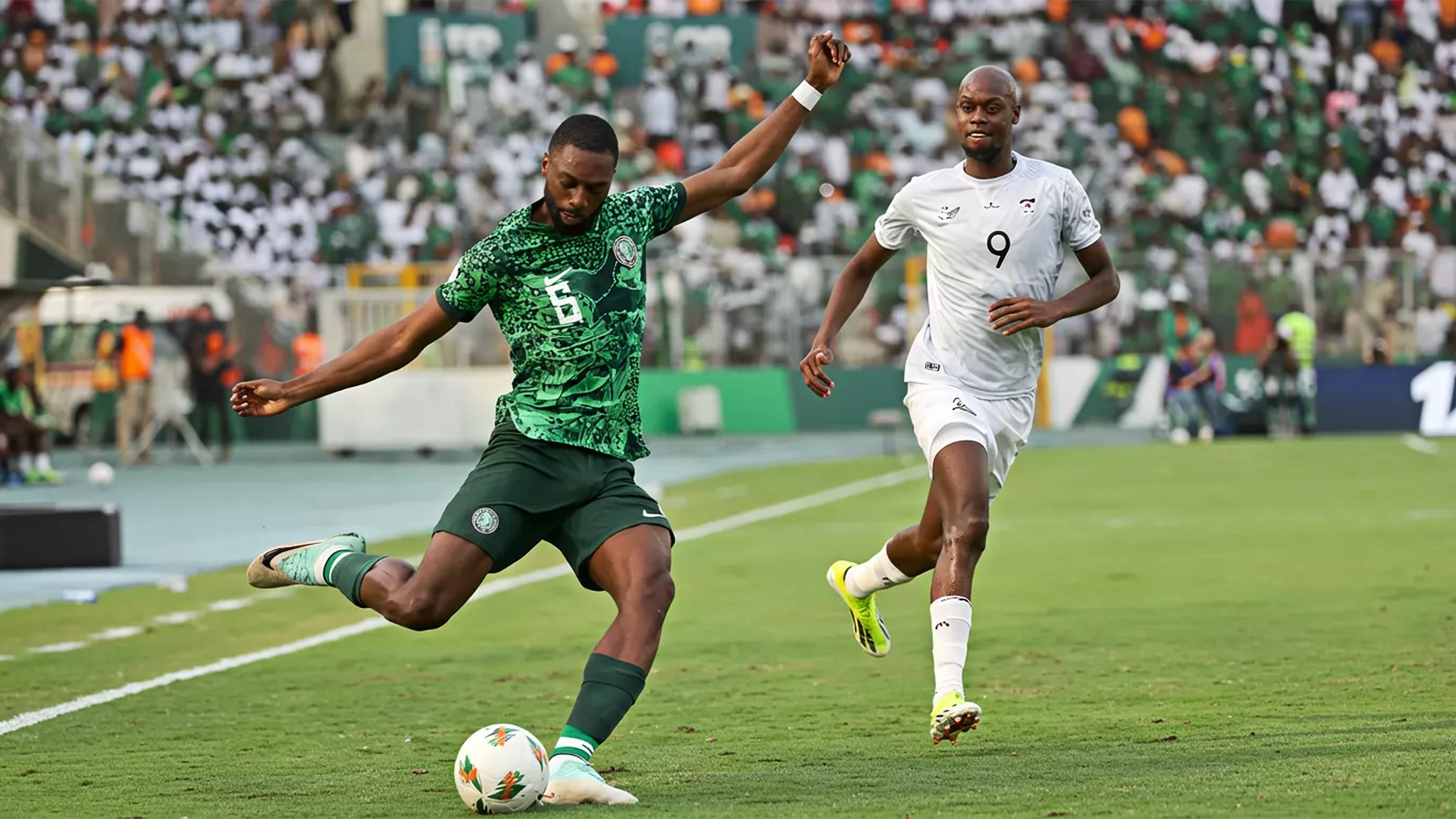
Today, Nigerian football is beset with very many challenges. That’s why despite the abundance of talent in the country, taking domestic Nigerian football to another level has become seemingly impossible. It has been stuck for almost three decades now in the mud of ignorance.
What is happening is captured aptly in the words of renowned Nigerian writer, Labisi Olagunju, who wrote in his newspaper column last week: “bush is the way – because the blind is the guide”.
Successive football administrators of the past three decades, in particular, did not fully appreciate nor understood the importance of a particular missing puzzle in the jigsaw of Nigerian football. They look everywhere else for answers except in the direction of this most vital of ingredients for football development at the highest levels.
Now, the riddle.
A. It is the single most important item in the list of requirements to complete genuine football development in Nigeria. It is also the cheapest to provide.
B. Without it, Nigerian football, including players and coaches, cannot grow to the highest standards in the world.
C. Without it domestic football can NEVER attract enough public and corporate followership to become big business!
D. Out of ignorance or greed, it is the least considered and most disregarded item in football development conversations.
E. It is the reason why European clubs and national teams turn down invitations to play in Nigeria since the 1990s
F. It is the reason why retiring Nigerian internationals from Europe are not attracted to play in Nigeria’s domestic leagues after they retire.
G. It is the reason why the Super Eagles do not have a permanent home ground, and would always struggle to play well in their own country, moving from one failed stadium to another?
Ironically, there is only ONE answer to all of these very numerous, important and critical questions.
The football ground – the turf on which matches are played!
In the year 2024, there is only one football ground in the whole of Nigeria that has a playing surface that comes close to what is good for first-class international football matches – the ultra-modern Uyo Township Stadium. But even that stadium’s turf is still some ways from attaining the standards that we saw at all the 6 stadia used during AFCON 2023 in Cote D’Ivoire, a few weeks ago. It is the playing turf of the stadia at AFCON 2023 that separated that championship from most others before it. Matches were easier to play for the players, and definitely more attractive for the watching audiences.
The great fields of natural grass, nurtured and manicured to perfection, allowed for excellent coverage of the matches also, great performances by the teams, suspense, drama, great goals, and the highest quality of football in recent AFCON history.
The FIFA President, Giovani Infantino, was so impressed he suggested, after the championship, that Cote D’Ivoire should consider bidding to host the World Cup of 2038! It is mostly down to the football turfs that produced very high-quality matches.
The fact is that great football can only be played on great fields. The worse the playing pitch, the less the standard of play. And great turfs, despite all the advancement in other surface textures and materials, are of natural grass on good soil – no more no less!
The use of any other materials aside the right kind of lush green natural grass for football diminishes the quality of games attainable.
In Nigeria, in the past three decades, the country’s administrators have been misled into investing in artificial or hybrid turf for major stadia other than grass, with the excuse of the challenges posed by the country’s lack of a proper maintenance culture, non-availability of enough water to sustain essential watering regimen, and a lack of discipline in the control of the field’s usage by teams. All these are genuine observations, but not enough reasons to substitute what is necessary for what is convenient or expedient.
All manner of artificial or hybrid of artificial materials are being sold as acceptable standards by the merchants of that technology. They may, indeed, be better than sandy surfaces or fields of grass stubs, but surely cannot replace the surfaces that all the major stadia where Premier League and the international matches are played.
Premier League clubs and all the major stadia in the country with ambition to host Grade-A international matches, and to develop the domestic leagues and its players, need to heed this call for an upgrade of playing turf to natural grass in order to take their football development above the present plateau.
Nigeria continues to produce strong, fast, athletic and some very skilful players, but they lack deep knowledge of tactics, technics and team organisation. That’s why they do not transit straight from Nigerian nurseries (clubs and academies), to clubs abroad. They all have to go through months of honing and tutelage in understanding team tactics and even some basic technics before they are declared ready.
Bad grounds have kept Nigerian football development flat for too long. To move up to the next level requires addressing the issue of football grounds.
Finally, the best surfaces for great football are natural grass – lush, luxuriant, well-manicured, and nursed like a baby. Poor grounds, artificial grass, Astro-turf, or any form of turf outside of good natural grass is detrimental to football growth, the development of the players and the football business. Period.
Not many people appreciate just how critical and important this is. If not they would not have ignorantly, or out of greed, destroyed all the great football grounds in Nigeria and held back development of the business for three decades.
Fix the grounds by investing seriously in natural grass with a strict maintenance regime, and watch Nigerian football grow astronomically to become a massive industry in a few years!
How the destruction of Nigerian fields happened.
It is important to know how the derailment in Nigerian football development as a result of bad pitches happened.
Nigeria was going to host the world at the Under-17 level in 1999.
The country wanted to do an upgrade of her football facilities.
Two administrators were in charge of the project, General Kontagora and Adamu. Both were not well grounded in technical football matters.
They approved and supervised the renovation of all the great football grounds in the country. Nigeria has not recovered till now from their poor judgement and decisions.
The Israeli engineers that were hired to do the ‘hatchet’ job of dismantling the facilities that visionary Nigerian leaders at Independence had constructed. The Israelis went to Ibadan, Kaduna, and Calabar did a forensic of the turfs they met on ground, admitted that what they found as playing turf infrastructure were more modern and better than what they had brought to replace them.
The Liberty Stadium turf in Ibadan, in particular, was as good as that of any present-day major football club in Europe. They remarked that the technology they had brought was untested with no guaranty it would work in Nigeria.
They were, however, ordered to go ahead with the excavations and the renovations. The rest is history!
Those grounds have never been the same since then. They remain reminders of the profligacy of our past, of limited administrators that led us down a bush path whilst they were ‘blind’. They left the country in a lurch, stuck in the mud, unable to take off and fly into the skies of greatness in football.
It is time to shed off the cloak of ignorance and take the inexpensive decision of changing the turfs of major football stadia around the country with green natural grass, done by experts and with a maintenance regimen that must be followed to the letter, if we want Nigerian football to develop, become a big business, develop the players and lift off to the highest levels in the world.






